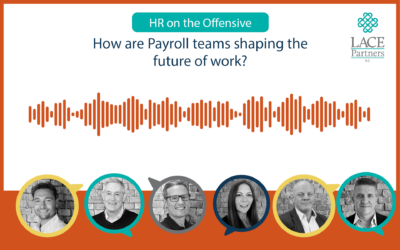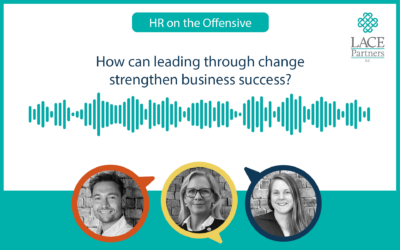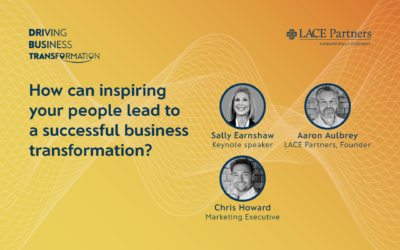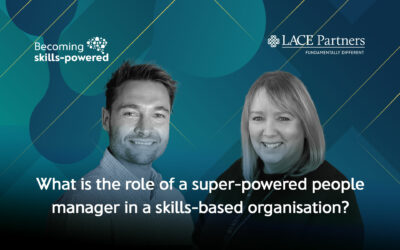In this episode Chris and LACEr Debbie Mitchell are joined by two guests, Charlotte Watmore the Inclusion and Diversity Project Manager at Wates Group and Charly Young, the CEO and co-founder of both the Girls Network and the Equilibrium Gender Collective. The episode focuses on the core topic of mentoring and the importance of creating an equitable work environment for all employees.
The Girls Network pairs young girls with professional women, providing skills, confidence, and access to networks and opportunities. Additionally, the Equilibrium Gender Collective aims to address gender stereotypes in early childhood. The Wates Group is an organisation with a focus on fairness, employee well-being, and community impact.
What does it mean to mentor?
Charly explains her definition of mentoring, emphasising the two-way learning process and the different forms it can take, including formal and informal arrangements. Charlotte discusses how mentoring in her organisation is more career-focused, helping individuals plan their professional growth and fostering diverse mentor-mentee relationships.
What is reverse mentoring?
This is when younger employees mentor more senior ones, challenging traditional power structures. Reverse mentoring can have a positive impact on both the mentors and mentees. They further highlight the importance of senior buy-in, longer-term relationships and setting boundaries.
The matching process for mentors and mentees is crucial and should consider motivators, goals and, in some cases, geography. For the mentoring relationship to be successful there needs to be commitment from both parties.
Towards the end, the guests touch on the deep and sometimes emotional conversations that arise during mentoring sessions, addressing issues like racism and privilege. They also discuss the potential cultural impact of mentoring programs on businesses and society. For example, by pairing mentors and mentees from different backgrounds, genders, and ethnicities, these programs facilitate cross-cultural understanding resulting in a more inclusive workplace culture.
Listen now to learn how to incorporate mentoring programs into your organisation effectively.
Want to be notified when the newest episode is released? Join here for HR on the Offensive LinkedIn group.






